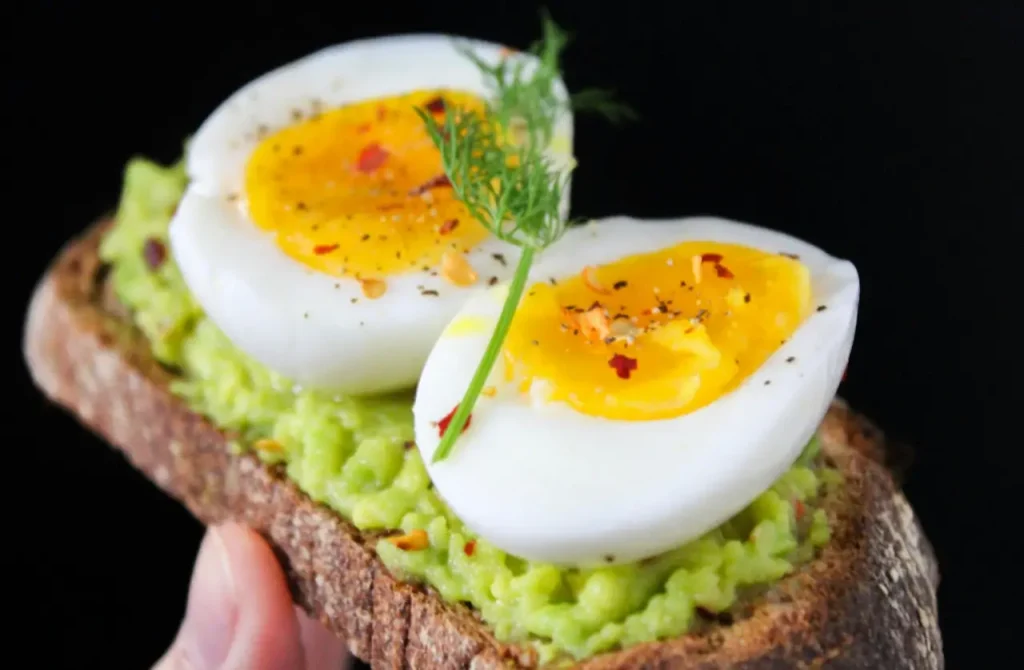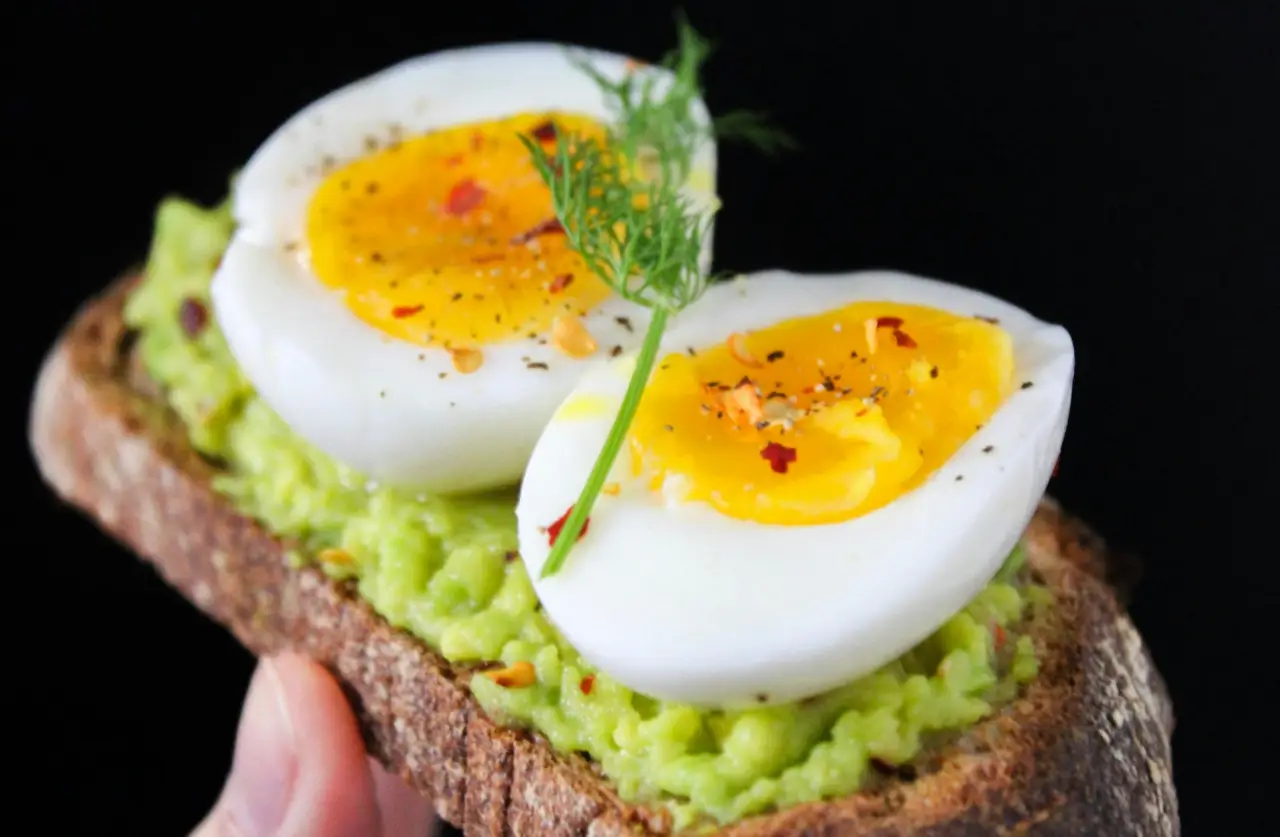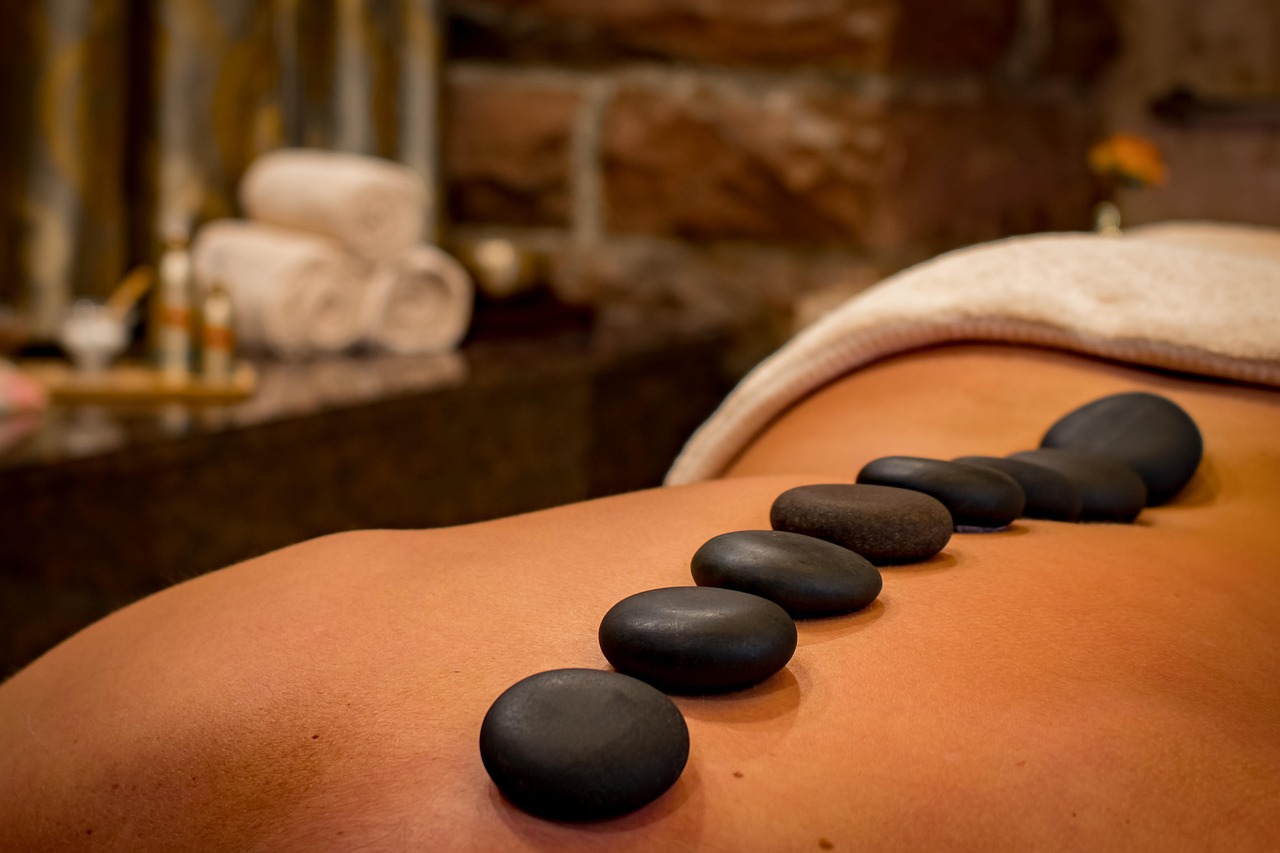For years, we’ve been misinformed about egg yolks. Let me break it down: egg white omelettes have been all the rage for the past decade, with people eagerly choosing them off cafe menus, hoping to pack in protein and kickstart their day with energy. And while they do deliver on protein, what if I told you that by tossing the yolk, you’re actually throwing away the most nutrient-rich part of the egg?
Here’s why you should hold on to—and savor—nature’s multivitamin: the egg yolk.

Is the egg white or yolk healthier?
Simply put, the yolk is where most of the nutrients lie. Why? Egg yolks are loaded with zinc, iron, calcium, copper, manganese, omega-3 fatty acids, vitamin B6, folate, vitamin B12, and choline—a nutrient critical for supporting healthy brain cell membranes. On the flip side, while egg whites are a great source of protein, that’s really their only claim to fame.
By discarding the yolk, you’re limiting the nutritional benefits you could be getting from this tiny superfood.
Aren’t egg yolks high in cholesterol?
In recent years, our understanding of cholesterol and eggs has shifted significantly. Contrary to popular belief, eating egg yolks won’t raise your cholesterol levels—no matter how many you consume.
Consider this: about 25% of the cholesterol in your body is housed in your brain, and your brain actually produces cholesterol on its own. In fact, cholesterol is essential for brain health and maintaining a healthy nervous system. What we now know is that dietary cholesterol has little impact on blood cholesterol levels. However, it’s still important to be mindful of saturated fat intake, which can affect heart health.
A study conducted by the American College of Cardiology followed 140 people at high risk for cardiovascular disease over four months. The results? Those who ate 12 fortified eggs per week showed no significant changes in their cholesterol levels compared to those who ate fewer than two eggs a week. In fact, the group consuming more eggs even showed improvements in other health markers like insulin resistance and vitamin B levels. Bottom line: bring on the yolks!
Harvard Medical School sums it up well: “In the past, it seemed logical to think eggs would be bad for heart health due to the cholesterol in the yolks. But research now shows that most of the cholesterol in our bodies is made by the liver, not from the cholesterol we eat.”
So, while eggs won’t spike your cholesterol, be cautious of what you pair them with—processed foods can still pose a risk to your overall health.

Should I stop eating eggs if I have high cholesterol?
For most people, eggs are perfectly fine—even with high cholesterol. As mentioned earlier, the cholesterol in eggs has little impact on blood cholesterol. That said, always consult your doctor or healthcare provider if you have specific health concerns.
What kind of eggs should I buy?
If possible, opt for pasture-raised eggs. Organic eggs are ideal, but not always affordable. Even conventional eggs are a great choice—far better than skipping them altogether.
Are brown eggs better than white eggs?
Despite the myth that brown eggs are higher quality, the color doesn’t indicate nutritional value. In reality, the thickness of the eggshell is a better indicator of quality. A thicker shell means a healthier, happier hen, which results in a better egg.





